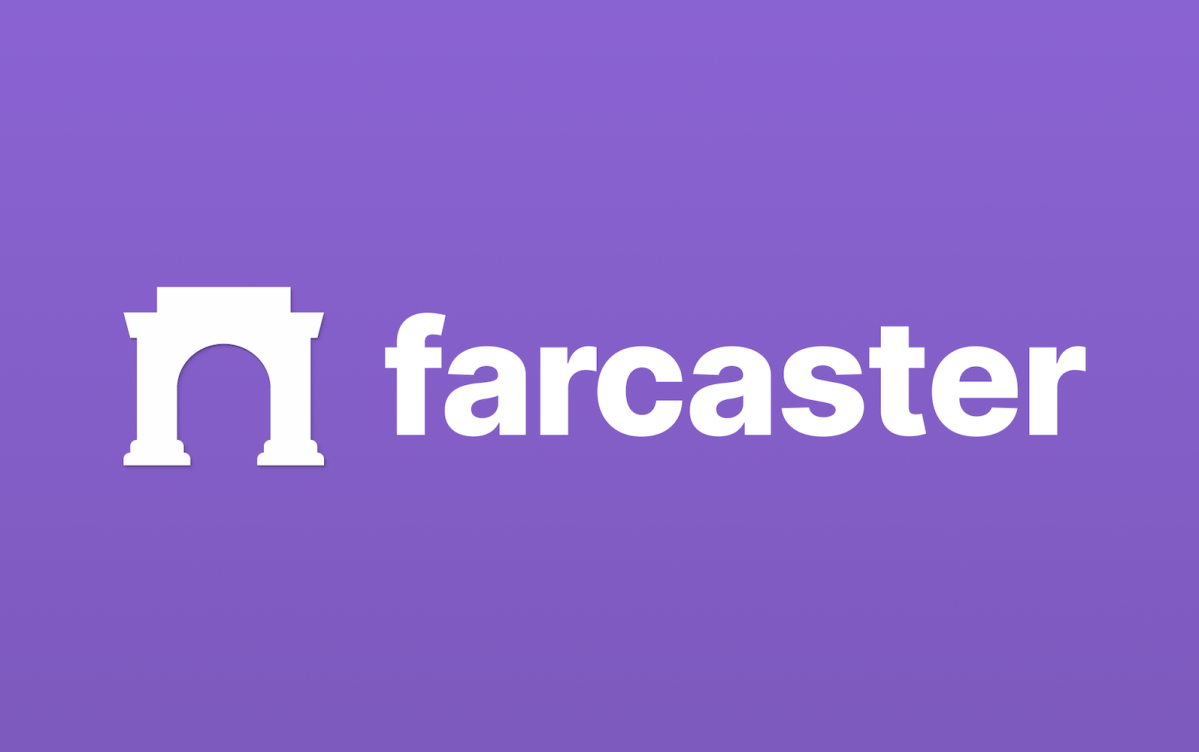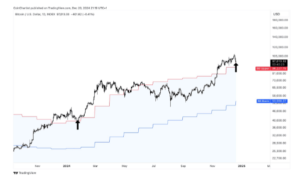
Farcaster, a blockchain-based social protocol founded by two Coinbase alumni, announced on Tuesday that it closed a $150 million fundraise. Led by Paradigm, the platform also raised money from a16z crypto, Haun Ventures, USV, Variant, Standard Crypto and others, according to a blog post by founder Dan Romero.
Farcaster, the social protocol, invites developers to build other apps on top of it; the most popular app is the social network Warpcast, which is similar to Twitter. What does it mean to build a social experience on Ethereum? Farcaster is taking a hybrid approach, storing user identities onchain, while data like public posts, follows, reactions and more are stored offchain. Users have to “pay rent” to Farcaster to store their data — as of now, that’s about $7 worth of ETH for 5,000 posts. If a user doesn’t want to pay, then their older casts (that’s what they call posts) will be deleted as they make new casts.
“Actions are performed onchain only when security and consistency are critical. Use of onchain actions is kept at a minimum to reduce costs and improve performance,” Farcaster’s website says. Storing user identities onchain offers another way to verify that people are who they say they are, since their profile will be connected to the other activities they do with that wallet. Of course, it’s possible for the same person to create multiple wallets, so this isn’t foolproof — but if someone’s wallet is relatively blank, then any sketchy behavior will be met with more skepticism.
On the social front, one key feature for Farcaster is its individual channels for specific topics. So, if you want to liveblog the NBA finals, you can do that in a specific channel with other basketball fans, rather than clogging up your other followers’ feeds (X also supports a Communities feature, which it’s been pushing more heavily to users recently).
The Frames feature allows developers to share the apps they’ve built atop Farcaster as individual posts on Warpcast — one user, Jordan Messina, created a Frame where users can collaboratively play Pokémon.
Like many crypto products, there’s some friction to sign up, since you need to have a digital wallet. But Farcaster isn’t necessarily catering to the average consumer — for its audience, which mostly consists of crypto fanatics, paying a nominal fee in Ethereum to use a service is as second nature as paying sales tax on a coffee.
This complicated architecture and reliance on crypto could be off-putting to a lot of users. Per Warpcast’s own data, the platform is currently at its peak of about 80,000 daily active users (DAUs) and 350,000 signups. That’s no small feat, but for comparison, the decentralized platforms Bluesky and Mastodon have about 5.6 million and 8.6 million signups respectively.
A fundraise of $150 million is a huge raise for any startup, let alone in the crypto and social media spaces. According to The Block, venture funding for crypto companies declined 68% year-over-year in 2023. But notably, Farcaster’s funding comes from firms that specialize in the crypto space, meaning that they may be less squeamish about the volatile nature of the crypto world.





